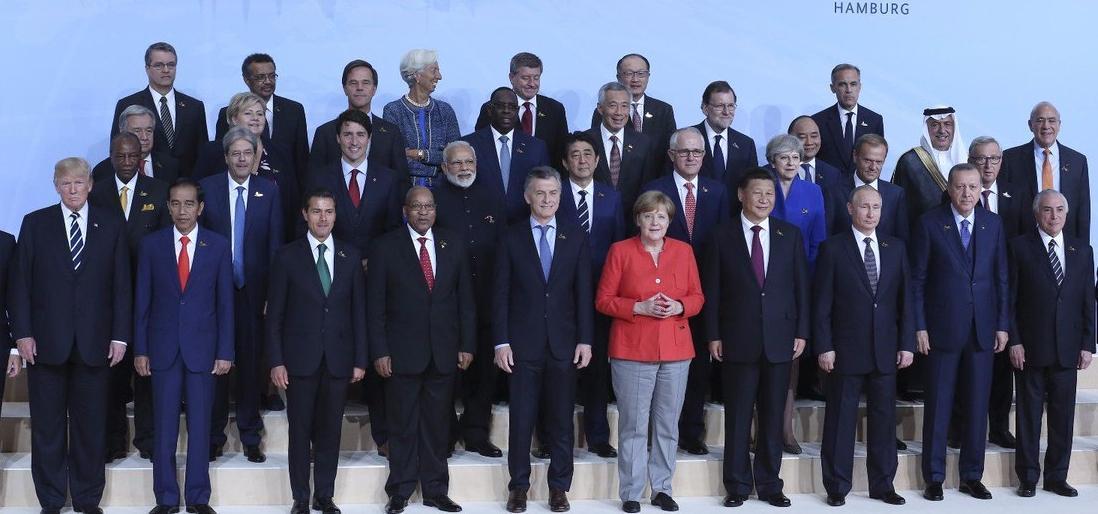G-20 summit to focus on Mideast, trade wars
OSAKA

Fears that spiraling tensions between Iran and the U.S. could erupt into conflict and the latter’s trade battle with China are poised to dominate a high-stakes G20 summit that will begin on June 28.
The summit in Japan’s Osaka will also witness Turkish President Recep Tayyip Erdoğan’s meeting with world leaders to talk regional issues, including the situation in Syria and defense industry procurements.
He will meet his U.S. counterpart Donald Trump and Turkey’s purchase of Russian S-400 missile defense systems and bilateral ties are expected to be discussed in the leaders’ meeting, according to a senior official from the White House.
Ties between NATO allies the United States and Turkey have been tense recent months with Ankara set to begin receiving the advanced S-400 surface-to-air missile defense system, which Washington said will jeopardize Turkey’s role in the F-35 fighter jet program.
Turkey expects a softer tone from Trump and even an exemption from any possible congressional sanctions.
Turkey has urged the United States to form a commission to clarify any technical issues about S-400 systems.
Iran will loom large at the Osaka summit after Trump called off a planned military strike but then imposed sanctions against its supreme leader Ayatollah Ali Khamenei and threatened the country with “obliteration” if it seeks war.
Iran “never seeks war” with the U.S., President Hassan Rouhani said on June 26.
“Iran has no interest to increase tension in the region and it never seeks war with any country, including the U.S.,” the president said, quoted by state news agency IRNA.
Rouhani was speaking by phone to his French counterpart Emmanuel Macron, as Tehran and Washington engaged in an escalating war of words following Iran shooting down a US drone last week.
“We have always been committed to regional peace and stability and will make efforts in this respect,” the Iranian president told Macron.
Aware that attention is likely to focus on the U.S.-China trade talks, the Japanese hosts are trying to focus on their priority areas, including the fight against ocean plastic and the challenges faced by ageing populations.
“There has been over a year’s worth of preparation and very dedicated hard work gone into this... So I hope the media also pays attention to the other aspects that will be discussed at the G20,” pleaded Masatsugu Asakawa, Japan’s top finance diplomat.
Trump last week sparked hopes for a detente in the long-running trade war when he said he would hold “extended” talks with Chinese President Xi Jinping after a “very good telephone conversation.”
For his part, Xi told Trump that “China and the U.S. will both gain by co-operating and lose by fighting”, according to Chinese state media.
The two sides were close to a deal when talks broke down abruptly last month and markets are hoping the leaders’ first face-to-face talks since December, when they met at the last G20 in Argentina, can break the deadlock.
Trump has hit $200 billion of Chinese imports with levies and has threatened to impose them on an additional $300 billion, which would hurt China’s already slowing economy and spread the gloom worldwide.
Observers said a decisive breakthrough was possible at the talks, which are expected on June 29, but was not the most likely scenario given the complexity of the issues.
Another topic likely to dominate the meeting is North Korea’s nuclear program and here again the meeting between Xi and Trump is likely to be key.
Trump will travel to South Korea after the G20, with talks between Washington and Pyongyang stalled after February’s failed summit in Hanoi.
















